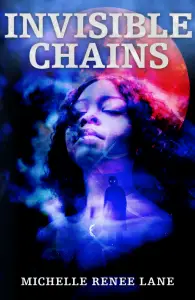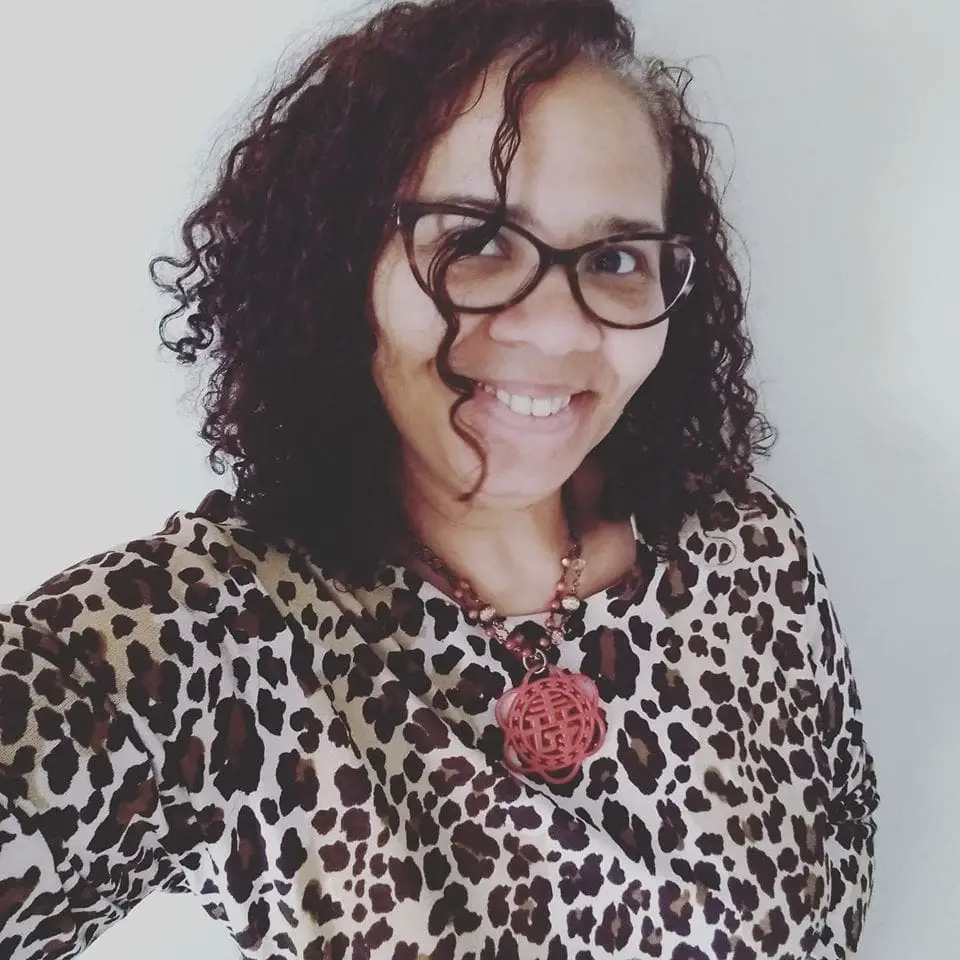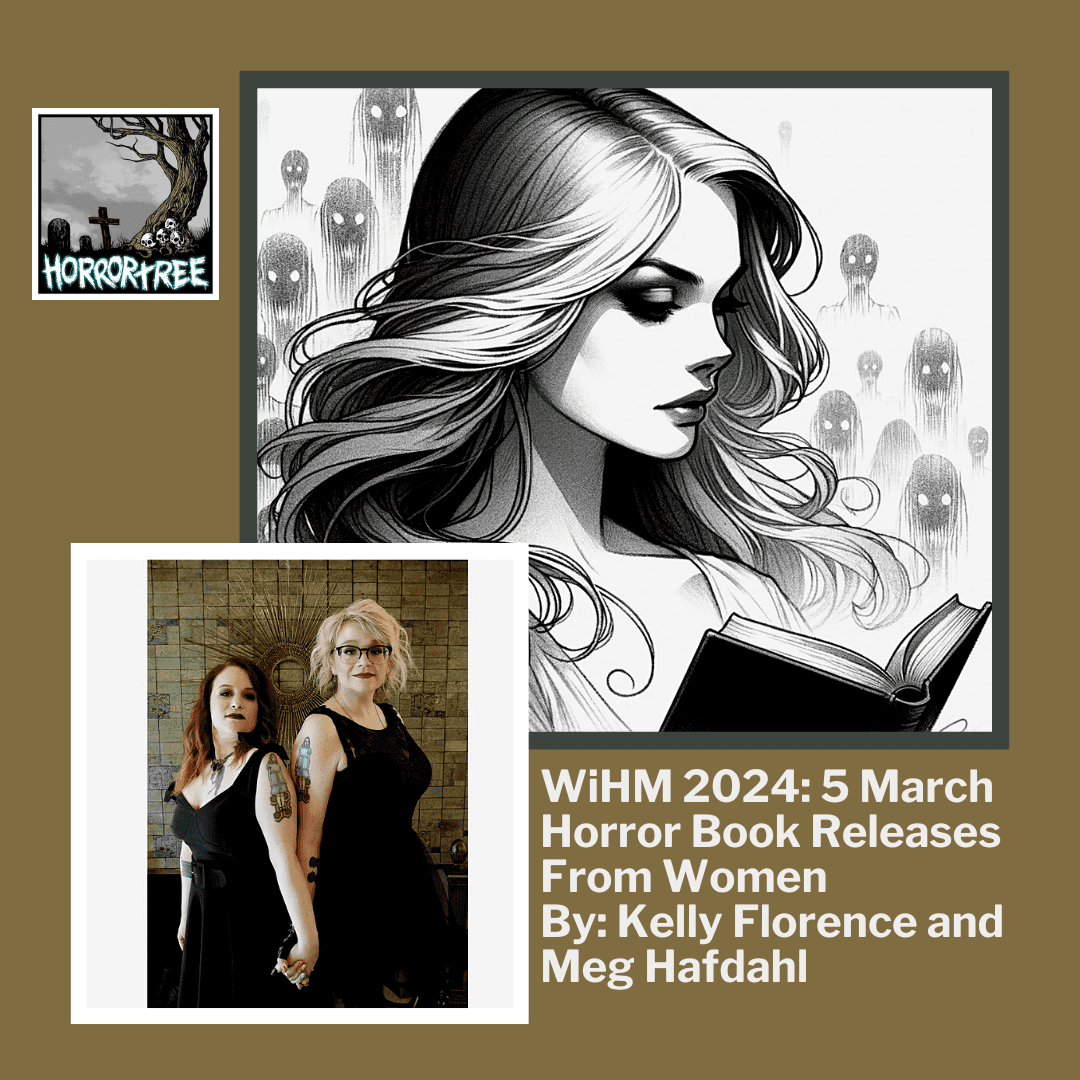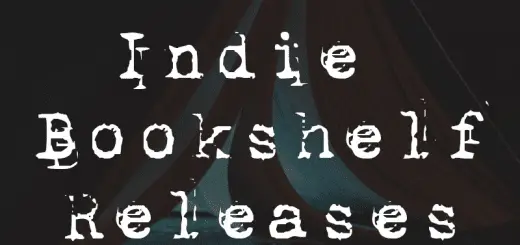WIHM: Redefining the Horror Genre

H.P. Lovecraft wrote, “The oldest and strongest emotion of mankind is fear, and the oldest and strongest kind of fear is fear of the unknown.” He isn’t wrong. This quote has served as a kind of definition or at the very least a starting point for how to talk about the horror genre. But is “fear of the unknown” enough of a definition to cover the spectrum and subgenres of horror fiction? If the only horror you write, watch, or read involves masked psychos wielding sharp objects for the sole purpose of stabbing scantily clad coeds, tentacled monsters who defy space and time, or the shambling undead in a post-apocalyptic landscape, then perhaps you aren’t seeing the whole picture. I would argue that while Lovecraft’s quote is an excellent starting point to open a discussion of horror fiction, one brand of horror, and therefore one brand of fear, does not fit all.
By expanding the definition of “fear” and “horror” you not only make space for a variety of diverse voices and unique stories, but you also open the genre to a wider and more diverse audience of readers. I think a lot of people who haven’t explored the vast range of narratives within the genre often have a very narrow-minded and negative view of diverse voices within horror. Horror really is the genre of emotions, and because people sometimes have a hard time confronting their own feelings, it can be difficult to enjoy stories that focus on some of the more unpleasant and terrifying aspects of human nature. For some of us, the most terrifying thing we can do is confront the person staring back at you in the mirror. Horror fiction has a habit of holding up a mirror that reflects the tragic and unsettling aspects of our society back at us. Horror isn’t the only speculative genre that does this, but I believe it takes the brunt of criticism for its social commentary on the human condition.
This process of reflection, of the self, or of society at large, is especially uncomfortable for readers or viewers when a narrative reveals parts of the past or present that we’d like to forget or pretend that it doesn’t exist – racism, sexism, slavery, the Holocaust, the systematic rape of women in extremist cultures, child abuse, gay bashing, the murder of transgendered people, or the genocide of native cultures world-wide. For many people, fear is the strongest emotion because they are living a nightmare. There’s no need to fear the unknown, because reality is terrifying enough.
When I was in my teens, I wanted to write like Anne Rice. The Vampire Chronicles created a strong desire in me to write about vampires. Then I discovered Toni Morrison, Alice Walker, Octavia Butler and Jewelle Gomez, and realized I wanted to write like them. They were writing stories about people who looked like me, and even if their books weren’t shelved with other horror fiction, they were telling scary stories. I believe that good fiction—literary, genre, or anything in between—should not only entertain the reader, but also leave them with a sense of curiosity and wonder about the world around them. As a reader, I’m happiest when I can get inside the mind of a character who is different enough than me that I learn something new but is written in a way I can relate to and empathize with their personal struggles.
 Recently, a friend told me she had a dream in which Oprah declared me the Alice Walker of Horror. I laughed about it at first, but then started thinking about that as a concept. Invisible Chains is a supernatural slave narrative with monsters. Toni Morrison’s Beloved is a horror novel. Black Southern Gothic Horror to be more specific. I don’t know if that’s a recognized genre, but that’s what came to mind when I read it. Morrison’s novel affected me deeply and has had a lasting impression. It’s a ghost story set in the South after the Civil War and it is filled with powerful images that explore the idea that slavery had a lasting physical and psychological effect, much like PTSD, on the people who survived it. I wanted to achieve something like that.
Recently, a friend told me she had a dream in which Oprah declared me the Alice Walker of Horror. I laughed about it at first, but then started thinking about that as a concept. Invisible Chains is a supernatural slave narrative with monsters. Toni Morrison’s Beloved is a horror novel. Black Southern Gothic Horror to be more specific. I don’t know if that’s a recognized genre, but that’s what came to mind when I read it. Morrison’s novel affected me deeply and has had a lasting impression. It’s a ghost story set in the South after the Civil War and it is filled with powerful images that explore the idea that slavery had a lasting physical and psychological effect, much like PTSD, on the people who survived it. I wanted to achieve something like that.
While I enjoy reading stories about the Elder Gods, I don’t fear Cthulhu. As a woman of color, I fear the many faces that hatred and oppression take in this world. I fear rape. I fear hate crimes. I fear poverty. I fear a lack of access to female reproductive health care. I fear institutionalized racism that prevents people from achieving their goals. I fear glass ceilings. I fear hunger and food insecurity. I fear global warming and ecological catastrophes. These are real things we should all be afraid of and they are excellent topics for speculative fiction.
Our ever-changing sociopolitical climate is having, in my opinion, a positive effect on horror fiction. As more diverse voices emerge within the genre, I think that we will have more stories that redefine horror on a very personal level. Stories that look at identity politics as well as horrific experiences that can only be told from the POV of people who have experienced them.

Michelle R. Lane
Author
- About the Author
- Latest Posts
The Horror Tree is a resource for horror authors which was created in 2011. The main goal when starting the site was to include all of the latest horror anthologies and publishers that are taking paying submissions. A resource useful for both new and experienced publishers alike looking for an outlet for their written material!













Great post! (Read, and reviewed this, at Madness Heart Press…) Loved your book!
Can you send me a link to your review? You can find me at: [email protected]. Thanks!